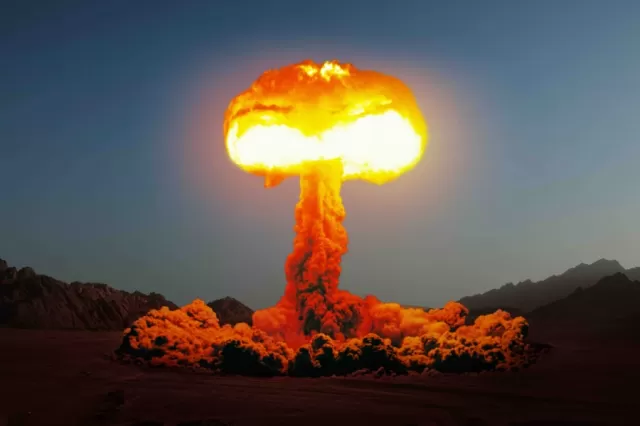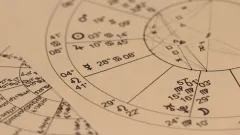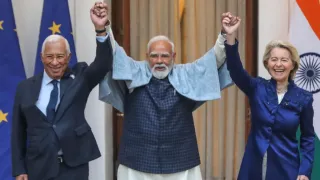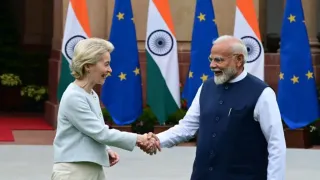Have you ever wondered what it would actually feel like to witness an atomic bomb go off in real life? The idea alone is terrifying, but according to nuclear historians and scientists, the reality is far more intense than movies often show.
Recently, nuclear historian Alex Wellerstein shared a chilling breakdown of what the human body would experience if someone ever saw a nuclear weapon detonate. His explanation sheds light on the chain reaction of destruction that happens within seconds, and why survival depends entirely on where you are standing.
The Blinding Flash Comes First
The very first thing you’d notice isn’t the mushroom cloud or fireball, it’s the unimaginable brightness. Wellerstein explained that the flash from a nuclear explosion is so powerful it can temporarily blind you, even if you’re miles away.
But this light isn’t just visual, it carries an intense burst of radiation. If you happen to be within about three-quarters of a mile from the blast (as was the case in Hiroshima), the radiation dose would be fatal almost instantly. Closer than that, survival is virtually impossible.
Next comes the searing wave of heat. The fireball of a nuclear blast reaches temperatures hotter than the surface of the sun, even if only for a brief moment. Anyone in its direct path would face devastating burns, and in rare cases, people close enough could be completely vaporised.
In Hiroshima and Nagasaki, most victims weren’t vaporised but suffered horrific burns that scarred survivors for life. Even buildings and objects caught in the line of sight ignited almost instantly from the sheer thermal energy.
If radiation and heat weren’t enough, the shock wave delivers the final blow. This is a crushing wall of pressure that expands outward from the fireball at incredible speed.
It flattens buildings, shatters glass, and tosses vehicles like toys. Those caught in the blast radius would be thrown with immense force, while the structures around them collapsed. The farther it travels, the weaker it gets, but its initial reach is catastrophic.
Why Experts Say 'Zero Nuclear Weapons' Is the Safest Future?

The explanation sparked intense online discussions. Many viewers admitted they finally understood the true scale of nuclear devastation and why disarmament is more than just politics. One commenter summed it up perfectly:
Zero nuclear weapons seems like the safest option for the largest number of people.
With thousands of nuclear warheads still in existence today, experts continue to warn that prevention is the only real safeguard. After all, as chilling as it is to imagine, once a bomb goes off, there is no undo button.























